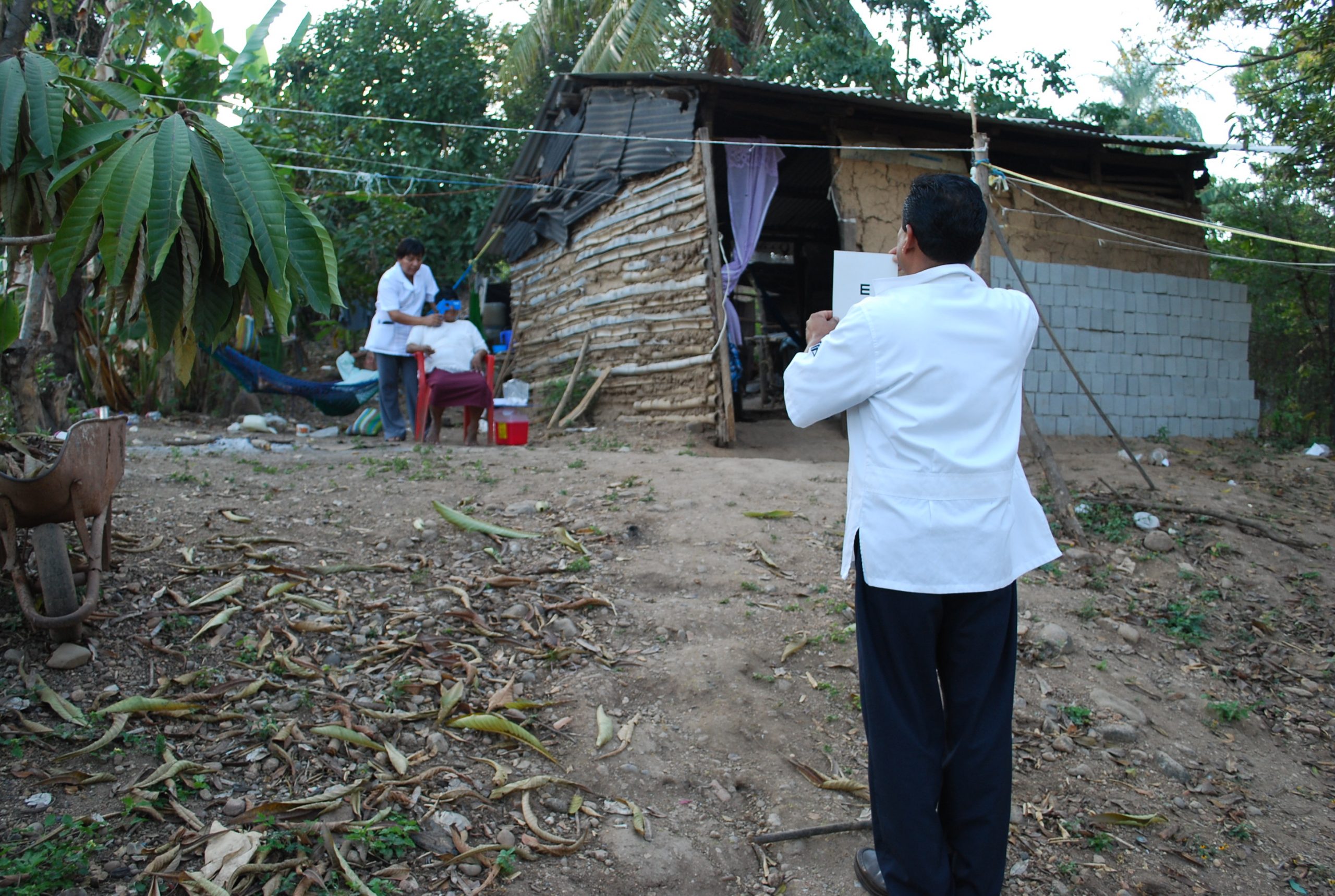Cataract Impact Study

Assessing the benefits of cataract surgery in low-income countries
Although it is intuitive that people who receive cataract surgery would experience increased income and quality of life, this was one of the first studies to outline this in low-income areas.
The Cataract Impact Study (2005-2008) was undertaken among people aged 50 years and above in three low-income countries: Kenya, Bangladesh and the Philippines.
The aim of the study was to assess the impact of cataract surgery on:
a) household economy
b) daily activities and time-use
c) health related quality of life
In total 704 persons with visual impairment from cataract (cases) and 682 persons without visual impairment (controls) participated in the study. All participants were interviewed at baseline and those with cataract were offered cataract surgery. One year later both cases and controls were traced and those found were re-interviewed.
The findings showed at baseline:
1. Cases were poorer than controls with normal vision in terms of assets, self-rated wealth and
monthly expenditure;
2. Cases were less likely to take part in and spent less time on productive activities (paid work or
household activities) than controls;
3. Cases were more likely to report assistance from others with daily activities than controls;
4. Cases had worse health related quality of life than controls.
At one year follow – up after cataract surgery:
1. Monthly expenditure among operated cases increased compared to baseline in each country;
2. Operated cases spent more time on productive activities and were less likely to have assistance
from others compared to baseline;
3. The health-related quality of life of operated cases improved compared to baseline and became
similar to the level experienced by controls.
The study showed that provision of cataract surgery may contribute towards poverty alleviation, through increasing productive
activities of people with cataract and reducing their dependence on other household members for care, and surgery also substantially improves aspects of quality of life for individuals.
Read the summary report of the Cataract impact study (PDF 1.7Mb)
Cataract impact study: Six year follow up
To explore whether the benefits of cataract surgery are sustained over time, we undertook a six year follow-up study in Bangladesh and the Philippines in 2012.
By six years after cataract surgery, they were still enjoying the benefits
of cataract surgery and compared to baseline they:
• had a better health-related quality of life and improved perceptions of their own health
• were more likely to be involved in productive activities such as farming, paid work and household
duties
• needed less assistance for daily activities and had improved general functioning
There were also sustained economic benefits of cataract surgery for the family including an
increase in household expenditure within just one year of surgery and a longer term increase in asset
ownership.
Additionally, six years after cataract surgery, these same indicators had improved to be on par with the
people who hadn’t had vision impairment at the baseline. Many of the gaps in well-being and
economic situation between those with cataract and those without had been closed within one
year of restoring sight by cataract surgery and remained closed six years post surgery.
Cataract impact study six-year follow up summary report (PDF 339Kb)
